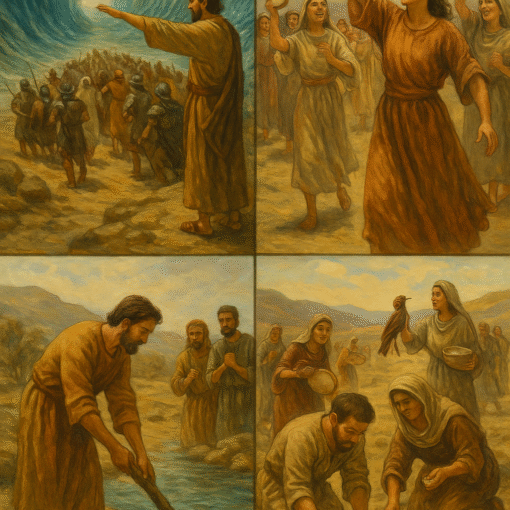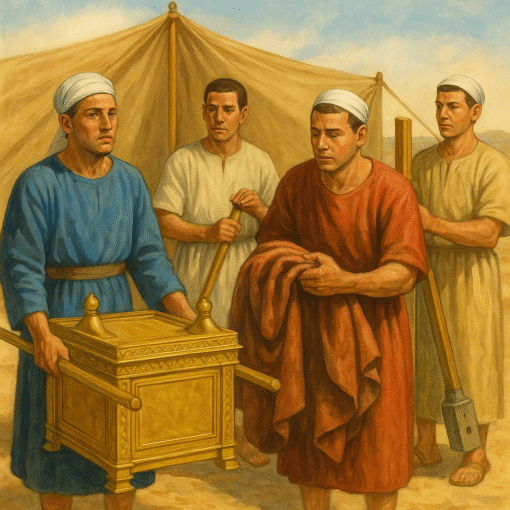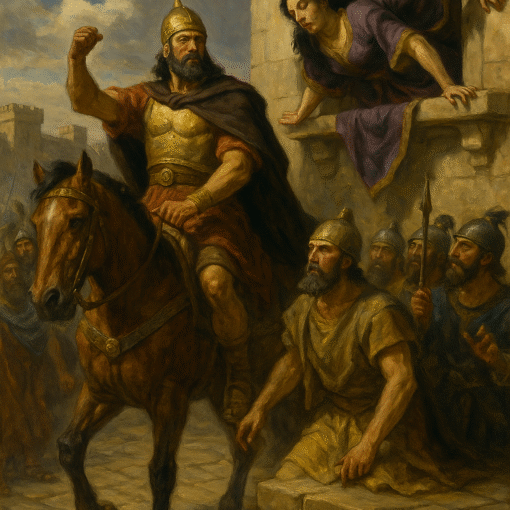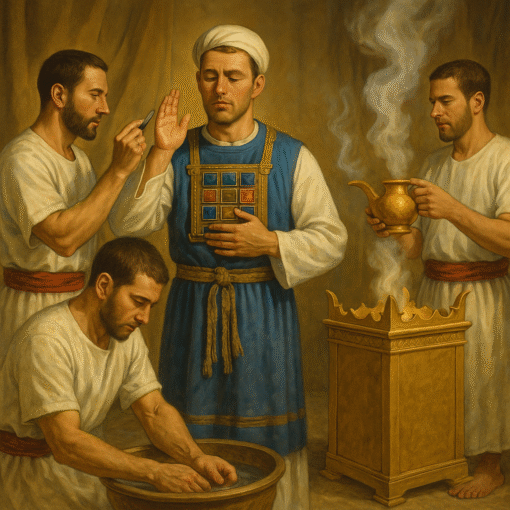Overview of Genesis 24–25 (KJV)
Genesis 24 – The Marriage of Isaac and Rebekah
-
Abraham’s Oath: Abraham, now old, instructs his servant (traditionally thought to be Eliezer) to swear that he will not take a wife for Isaac from the Canaanites but from Abraham’s kin in Mesopotamia.
-
The Servant’s Mission: The servant travels to Mesopotamia and prays for God’s guidance at a well. He asks for a sign: the chosen young woman will offer him and his camels water.
-
Rebekah’s Response: Rebekah, a relative of Abraham, fulfills the sign exactly. She shows hospitality, and the servant recognizes God’s hand.
-
Rebekah’s Consent: Her family acknowledges the Lord’s leading and allows her to go. Rebekah willingly agrees, and they bless her before she departs.
-
Meeting Isaac: As she arrives, Isaac goes out to meditate in the field. When he sees Rebekah, he brings her into his mother Sarah’s tent, and she becomes his wife. Scripture notes that Isaac loved her, and she comforted him after his mother’s death.
Genesis 25 – Abraham’s Later Years and Jacob & Esau
-
Abraham’s Descendants: Abraham marries Keturah and has additional children. Yet, Isaac remains the heir of the covenant promises. Abraham eventually dies at 175 and is buried by Isaac and Ishmael in the cave of Machpelah.
-
Generations of Ishmael: Ishmael’s twelve sons are listed, becoming twelve princes. Ishmael dies at 137.
-
The Birth of Jacob and Esau: Isaac and Rebekah struggle with barrenness until Isaac prays, and God grants twins. The Lord reveals that two nations are in her womb, and the elder (Esau) will serve the younger (Jacob).
-
The Twins’ Birth: Esau is born first, red and hairy. Jacob follows, grasping Esau’s heel.
-
Esau Sells His Birthright: Esau, famished one day, sells his birthright to Jacob for bread and pottage of lentils, showing disregard for spiritual inheritance.



